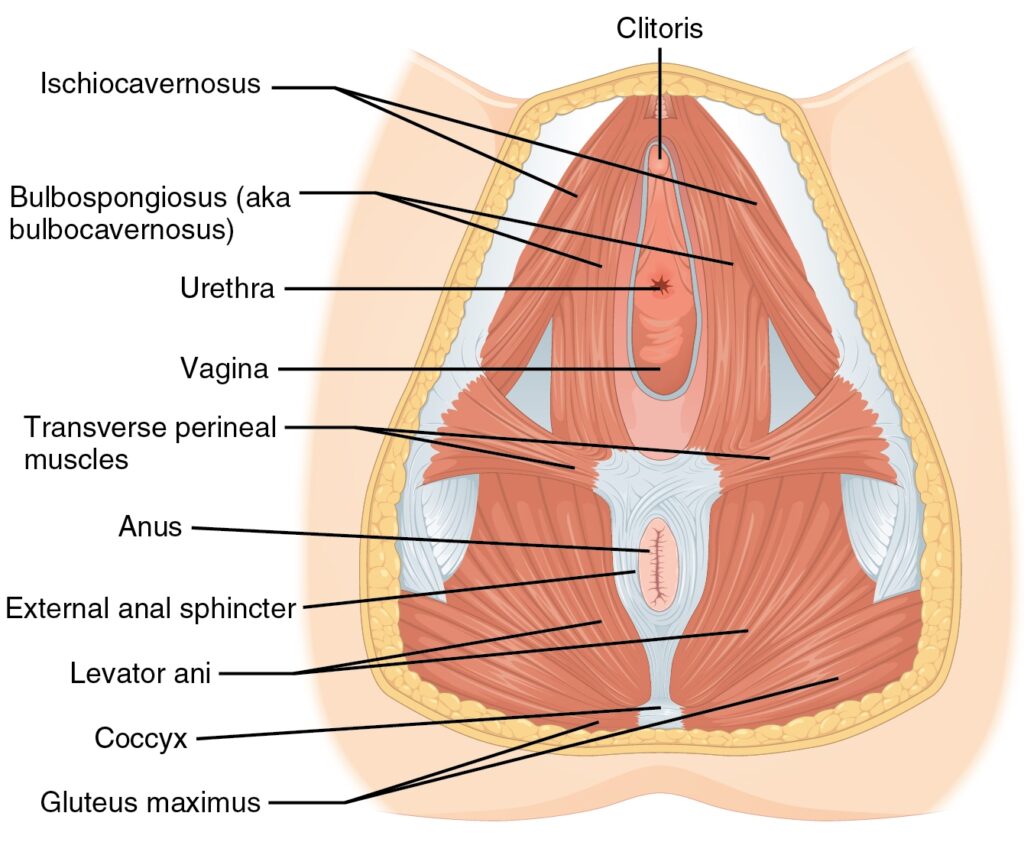
- Definition: Vaginismus is the involuntary contraction of vaginal muscles, making penetration painful or impossible, often due to psychological or emotional factors.
- Types:
- Primary: Present from first attempts at penetration.
- Secondary: Develops after previously pain-free intercourse.
- Causes: Linked to anxiety, fear of pain, past trauma, or medical conditions like infections or menopause.
- Treatment: Includes pelvic floor therapy, vaginal dilators, counseling/CBT, and in some cases, Botox injections—with high success rates.
Vaginismus: In-Depth Overview
Vaginismus is a psychosexual condition in which involuntary muscle spasms of the vaginal wall make penetration difficult, painful, or impossible. It is not caused by a physical abnormality but is often rooted in psychological, emotional, or trauma-related causes. Despite being treatable, it’s often misunderstood and underdiagnosed.
🔍 What Is Vaginismus?
Vaginismus is the involuntary tightening of the pelvic floor muscles, particularly the pubococcygeus muscle, in response to attempted vaginal penetration. This can happen:
- During sexual intercourse
- While inserting a tampon
- During a gynecological exam
The contraction is reflexive and not under voluntary control, making penetration painful or impossible.
📊 Types of Vaginismus
- Primary Vaginismus:
- Occurs when a woman has never been able to have vaginal penetration.
- Often discovered during the first attempt at intercourse or tampon use.
- Secondary Vaginismus:
- Develops after a period of normal sexual function.
- May be due to trauma (sexual assault, childbirth), surgery, menopause, or relationship issues.
🧠 Causes and Triggers
While the exact cause is multifactorial, it often involves both physical and psychological factors, such as:
Psychological Causes:
- Fear of pain or injury
- Sexual trauma or abuse
- Anxiety or stress
- Strict cultural or religious beliefs about sex
- Negative sexual experiences or shame
Physical Causes:
- Infections (e.g., yeast infections, UTIs)
- Childbirth injuries
- Pelvic surgery
- Hormonal changes (e.g., menopause)
- Other pain conditions (like vulvodynia or endometriosis)
🔎 Symptoms of Vaginismus
- Inability to have vaginal penetration
- Pain or burning sensation during penetration
- Feeling of “tightness” or “hitting a wall”
- Anxiety, fear, or avoidance of intimacy
- Relationship stress or loss of sexual desire due to fear of pain
🩺 Diagnosis
Diagnosis is typically made through:
- Detailed medical and sexual history
- Pelvic examination, if tolerable
- Ruling out other causes of dyspareunia (painful sex) such as infections or structural abnormalities
In many cases, a gentle and trauma-informed approach is required during the exam.
💊 Treatment Options
Vaginismus is highly treatable, especially with a multidisciplinary approach:
1. Pelvic Floor Physical Therapy
- Focused exercises and muscle training
- Teaches control and relaxation of pelvic muscles
2. Dilator Therapy
- Gradual insertion of vaginal dilators of increasing size to desensitize and retrain muscles
- Used with lubrication and under guidance
3. Cognitive Behavioral Therapy (CBT)
- Addresses psychological causes such as anxiety, trauma, or fear
- May include relationship counseling
4. Education and Counseling
- Providing accurate information about anatomy and sexual function
- Teaching relaxation techniques
5. Botox Injections (in some cases)
- Temporarily relaxes pelvic floor muscles
- Often used when other treatments fail
🧘♀️ Self-Care and Lifestyle Support
- Mindfulness and relaxation techniques
- Open communication with partners
- Progressive desensitization
- Support groups or online communities
✅ Prognosis
With proper care, most individuals with vaginismus can:
- Resume pain-free intercourse
- Restore intimate relationships
- Overcome fear and anxiety related to penetration
💡 Conclusion
Vaginismus is a real and treatable condition that can have a significant impact on sexual health and emotional well-being. With the right combination of medical, physical, and psychological therapies, most women can experience full recovery and regain control over their bodies and intimate lives.

